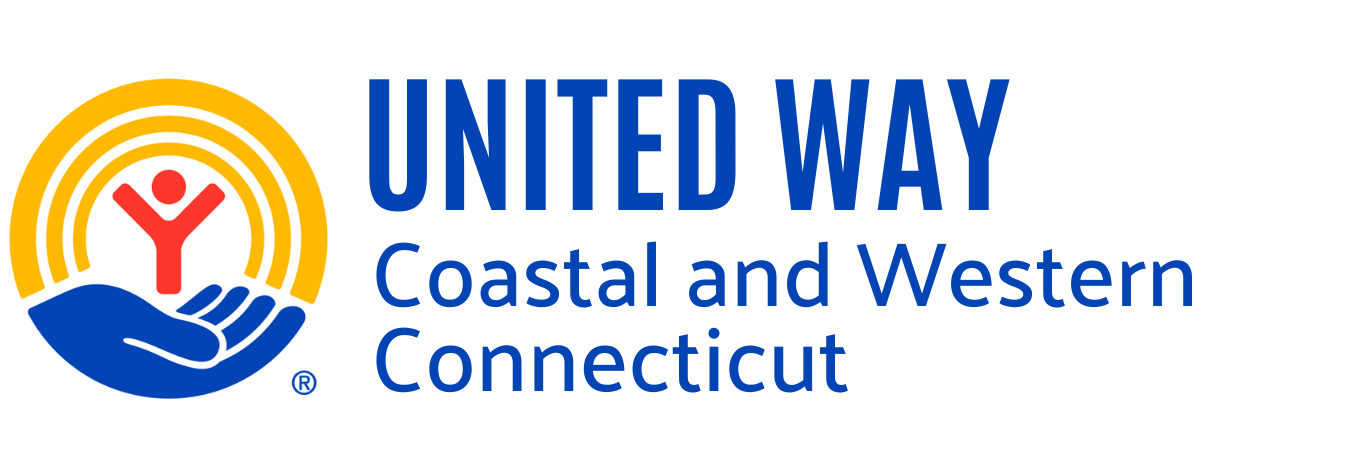
Today, and every day, United Way of Coastal and Western Connecticut stands in support of equality, justice, and the pursuit of an equitable future for all. Every year, on June 19th, communities across the United States gather to commemorate Juneteenth, a day that marks the end of slavery in America. This holiday, also known as Freedom Day or Emancipation Day, is a powerful reminder of the journey towards equality and justice for African Americans. But beyond the celebrations and parades, Juneteenth carries profound significance that urges us to learn, reflect, and educate ourselves about its history and the resilience of the African American community.
Understanding Juneteenth
Juneteenth derives its name from the combination of "June" and "nineteenth," the date in 1865 when Union General Gordon Granger arrived in Galveston, Texas, and announced General Order No. 3, which proclaimed freedom for enslaved people in Texas. This declaration came more than two years after President Abraham Lincoln's Emancipation Proclamation, which had officially outlawed slavery in the Confederate States on January 1, 1863. The delay in enforcing the proclamation in Texas meant that many enslaved individuals continued to toil in bondage until Granger's arrival.
Juneteenth is a time to honor the African American community by recognizing their resilience and contributions to the fabric of our nation. Here are a few ways to do so:
- Support Black-Owned Businesses: By supporting Black-owned businesses, we contribute to the economic empowerment of the African American community. This support helps to close the racial wealth gap and fosters a more equitable economy.
- Participate in Juneteenth Events: Engage in local Juneteenth celebrations, which often include parades, educational workshops, and cultural performances. These events provide a platform for learning and unity.
- Advocate for Change: Use your voice to advocate for policies that address racial inequalities. This can include supporting criminal justice reform, voting rights, and educational equity.
- Educate Yourself and Others: Take the initiative to learn about African American history and share this knowledge with others. Books, documentaries, and museums dedicated to African American history are excellent resources.
Moving Forward
Juneteenth is more than a commemoration of the past; it is a call to action for the present and the future. By educating ourselves about Juneteenth and its significance, we can honor the history and resilience of the African American community.
